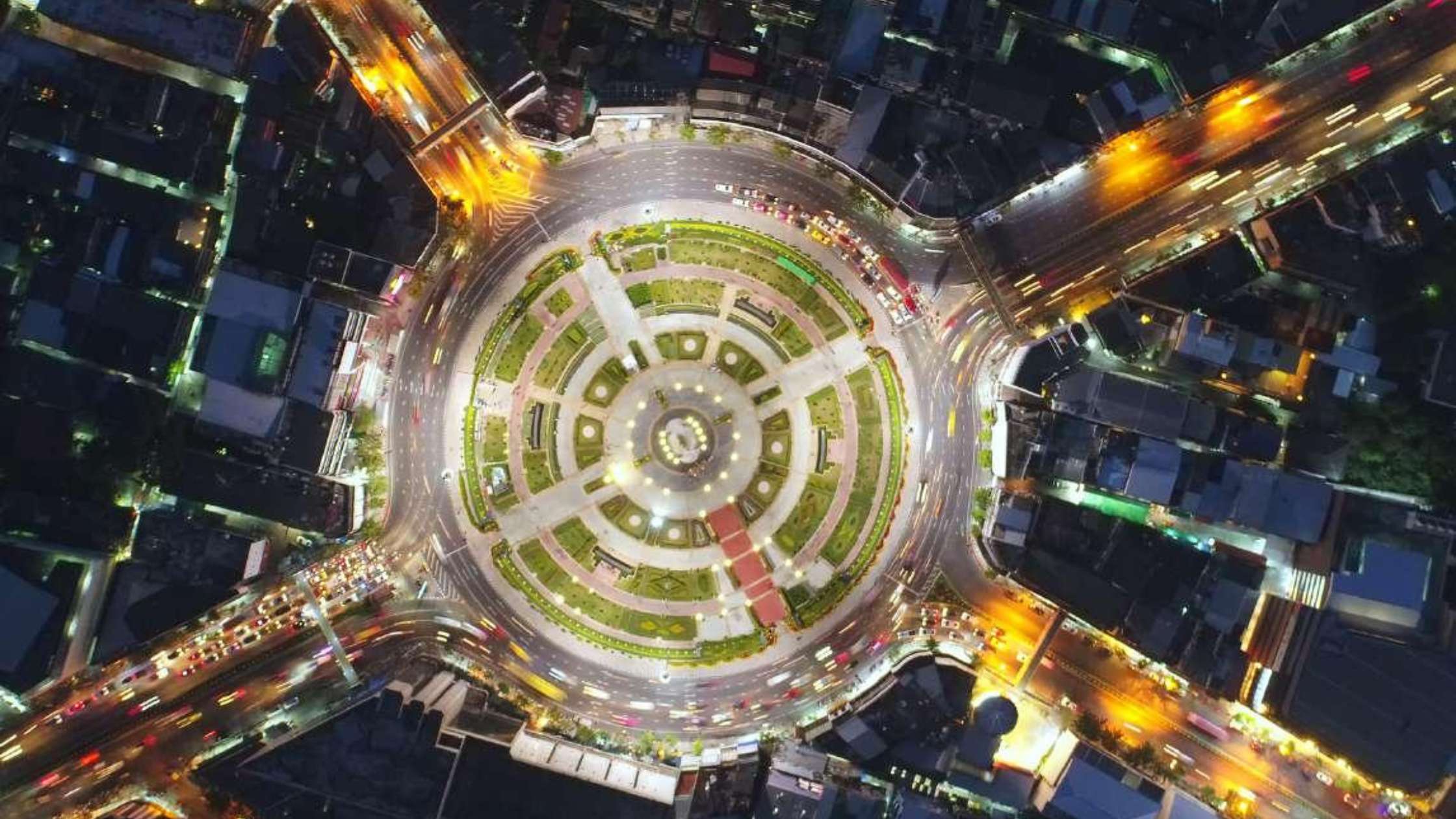July 12, 2023
PRANAT LAOHAPAIROJ The Trade Competition Act B.E. 2560 of Thailand (“Act”) was enacted in 2017 and is the second version of the anti-trust and trade competition law in Thailand. Its predecessor is the Trade Competition Act B.E. 2542, which was enacted in 1999 and saw very little usage due to a lack of necessary supplementary regulations and will of the government and the public to put the law to use. During the 18 years of its existence, the 1999 law only saw action a few times, with all of the cases dropped due to lack of evidence or governing support. The Act is the reincarnation of the 1999 law, with most of the provisions transposed from the 1999 law onto the Act almost verbatim, but with minor differences regarding categorisations and re-classifications of penalties and other minor details. The Act was deemed appropriate to change the competition landscape in Thailand in order to promote more holistic competition within the economy and enhance understanding between different stakeholders and the governing authority. The Act is also intended to extinguish, or at least limit, unnecessary hindrances to trade that had (and to some extent nowadays still have) existed because of historical trade practices and unique cultural conduct. These practices and conduct, such as arrangement, exclusivity, resale price maintenance, unfair poaching, cost imposition, have largely been banned in countries that have enacted their version of anti-trust and trade competition law, and Thailand was deemed ready to follow suit. The Trade Competition Commission of Thailand (“ TCCT ”), which is the governing authority over the Act, was very clear that during the first few... 


 Chandler MHM Limited
Chandler MHM Limited Jessada Sawatdipong
Jessada Sawatdipong




